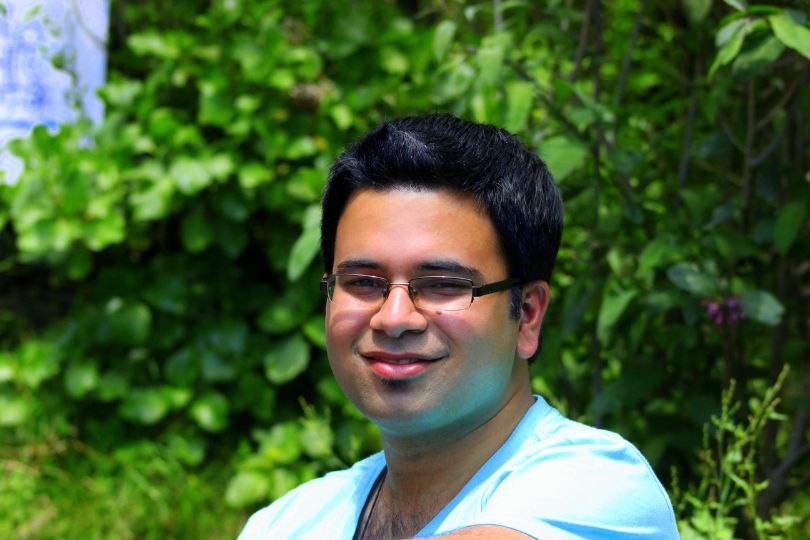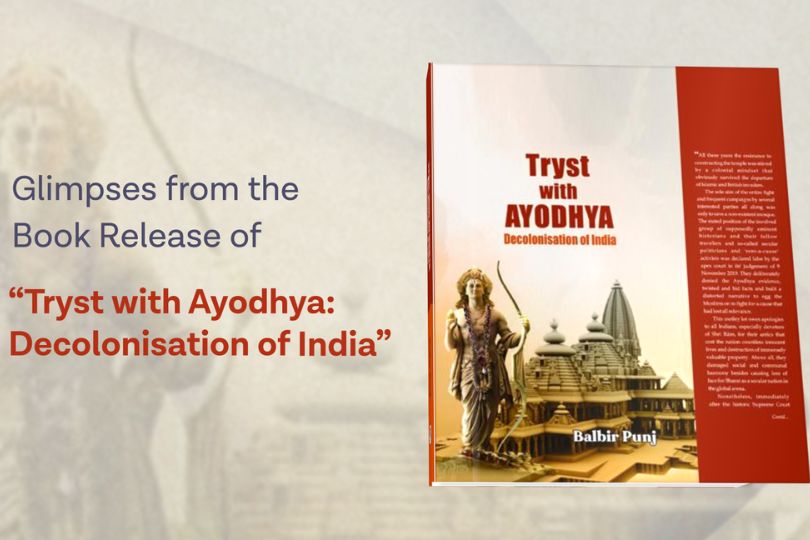Author Max Wilbert on the environmental battle between the ‘bright greens’ and ‘deep greens’
Author Max Wilbert on the environmental battle between the ‘bright greens’ and ‘deep greens’on Apr 22, 2021

Max Wilbert is co-author of the book Bright Green Lies, which is now coming out as a new documentary from Toronto-based environmentalist and filmmaker Julia Barnes. Mr. Wilbert is also an organizer, writer and wilderness guide. He is currently helping lead a blockade in Nevada at Thacker Pass, where a proposed lithium mine is set to be constructed by a Canadian mining company.
He spoke with The Globe and Mail about the book, the continuing blockade and the underlying battle in the environmental world of “bright greens” versus “deep greens.”
.How did you get started doing what you do?
When I was a teenager, I was hearing about rain forests being cut down, species extinction, all these issues. So I started looking for answers. And so much of what I was being told would save the planet was technology. It was wind turbines, it was solar panels, it was electric cars. Like most people do, I believed that solar panels would save the world. I believed that electric cars would save the world. There was a moment when I was at an environmental festival when I was about 15 years old, and there was a biodiesel-powered Hummer, driving around. That was one of the first moments where I really realized there’s a split in the environmental movement.
Could you maybe begin by describing these two different types of environmentalists – the “bright green” versus the “deep green”?
The “bright” part is about a certain positivity, the bright-green movement views technology and innovation as the solution to the problems that we’re facing. They are interested in not only new technologies and innovation, but also energy efficiency, improving existing products.
This is a big contrast to the deep-green movement, it is a biocentric movement and it’s really predicated on a simple idea, which is that we are completely dependent upon a living planet. But the second important part of the deep-green mindset is a critique of human supremacy. I love my friends and family. Humans are incredible, right? We’re one species, among many on this planet, however. And we don’t believe that we have the right to destroy other species, in order to create more luxury for humanity.
Could you tell me a little bit about what you’re doing now?
I have been part of a grassroots movement to protect a place called Thacker Pass in northern Nevada since January 15th. Lithium Americas corporation is an example of how bright-green lies are actually destroying the planet. Local farmers and ranchers, folks from the Northern Paiute and Western Shoshone nations are opposed to this mine. It’s called “green,” but to build it would mean bulldozing thousands of acres of biodiverse sagebrush, which is an incredible wildlife habitat. Building that mine would mean the groundwater here would be poisoned, the wildlife that lives in the area would be either killed or driven away. We knew that it would take time to start to bring people together but now multiple lawsuits have been filed against the project, the protest camp isn’t going anywhere, and the Indigenous resistance just seems to get stronger every day.
This is a Canadian company. There’s a lot of Canadian mining projects around the world and people don’t know about them. What are your thoughts on this disconnection?
Most colonization today doesn’t look like hordes of settler colonists coming over your borders and stealing your land. It looks like international corporations coming into your community, extracting resources and leaving behind a toxic waste dump. So this is not something that’s just happening here. And it’s not something that’s just happening with sourcing and extraction. It’s a problem all around the world. People have been exposing these issues for a long time. And we’re building on the work of those who came before. We thought this information really needed to get into people’s hands.
Are there solutions that you’re cautiously optimistic about? Are there already solutions that you think exist?
There are solutions available for solving the climate crisis, for providing us with clean water and food, for providing communities with medicine and their basic necessities of life. For example, carbon capture and storage. It’s called saltmarshes. It’s called sagebrush steppe. The solutions chapter in the book is actually quite short, because the solutions are not very complicated. That doesn’t mean they’re easy. We’re talking about massive changes in our political system, economy, in our entire culture, that need to occur if we’re going to reverse this trajectory that we’re on. And that means that not everyone has all the luxuries that they are accustomed to.
Also read: https://www.frontlist.in/world-book-day-2021-history-significance-and-interesting-facts-about-this-day/What lessons do you want people to learn from reading the book or seeing the documentary?
We need change at every scale. We need people to change their individual behaviours. We need people to change the way we live in our communities. And we need change at the national and international level. My hopes for the book and the film is that people will use it as a tool, as ammunition, in the battle against these bright-green lies and the battle to save the planet. Saving the planet is the best move for humans too.
This interview has been edited and condensed for clarity
The Globe and Mail contacted Lithium Americas Corp. for comment on the Thacker Pass project. Part of their response is included below.
Lithium Nevada’s plans include dismantling and reclaiming the entire site at mine closure, which we expect will result in a fully functional ecosystem similar to what exists today. Thacker Pass is an environmentally responsible project with a low carbon footprint due mostly to our plant, which will cleanly generate most of the power we will use by capturing waste heat and turning an electric turbine.
We listened to community concerns about sensitive wildlife habitat in the Montanas and quickly concluded that we should focus on mining outside of the mountains. We are committed to doing this project responsibly while also providing significant benefits to the region by potentially eliminating the United States’ dependence on China for lithium chemicals, providing 300 family supporting jobs, contributing significant tax revenues, and driving economic development in Nevada at a time when the state is trying to recover from the COVID-related downturn.
Source: https://www.theglobeandmail.com/
.jpg)







.jpg)
.jpeg)
.jpg)
.jpg)















Sorry! No comment found for this post.